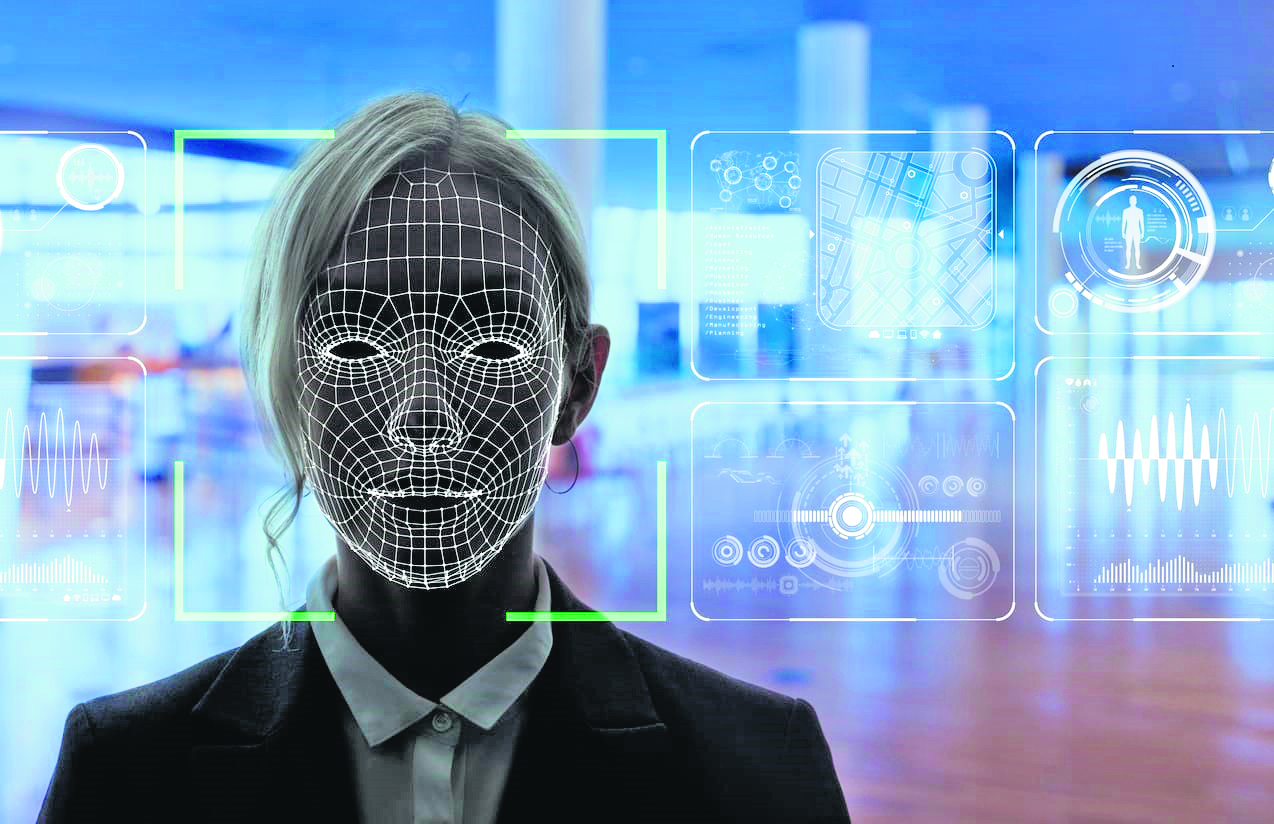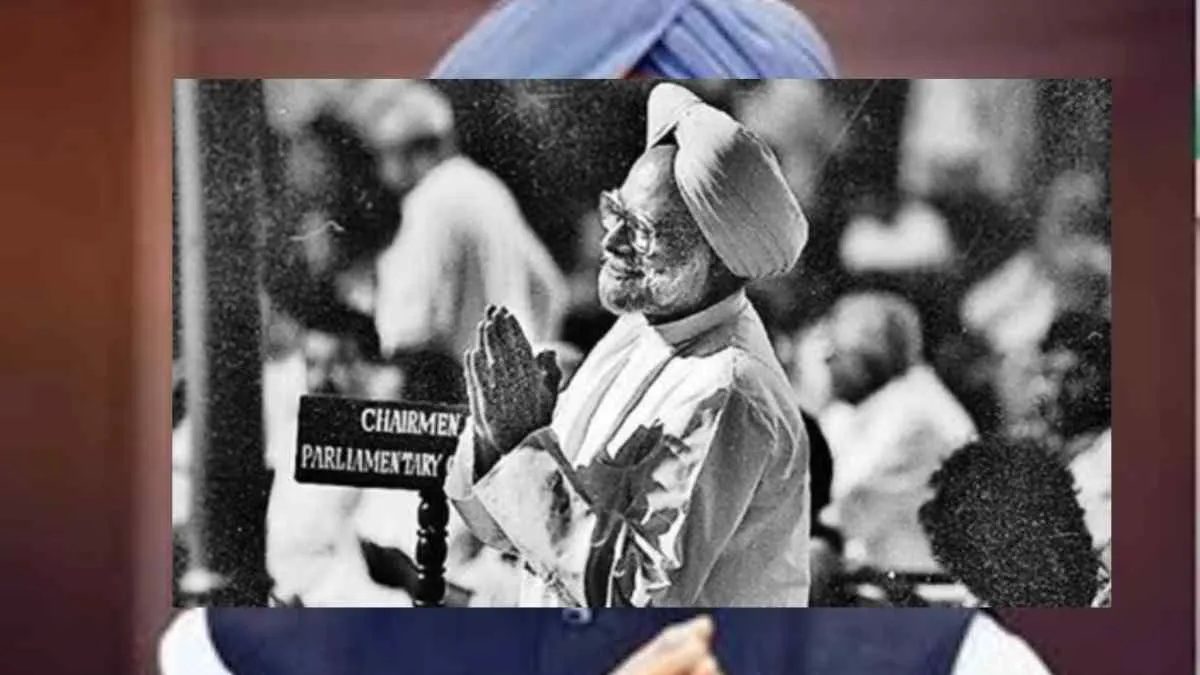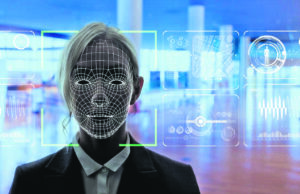In an era dominated by rapid technological advancements, the rise of deepfake technology presents a unique set of challenges that demand our attention. Deepfakes, which use artificial intelligence to manipulate or fabricate audio and video content, have the potential to deceive and manipulate public opinion. As we confront this emerging threat, it is crucial to consider the implications and safeguards from an Indian perspective.
India, with its diverse cultural landscape and multitude of languages, is particularly susceptible to the impact of deepfakes. The potential misuse of this technology to create misleading content in various regional languages adds a layer of complexity to an already intricate societal fabric. Deepfakes could be employed not only for political misinformation but also to perpetrate financial scams, tarnish reputations, and incite social discord.
One of the primary concerns is the impact of deepfakes on the democratic process. With elections being a cornerstone of our democratic system, the ability to create convincing fake videos of political figures or candidates can have severe consequences. Misinformation campaigns could sway public opinion, leading to a distorted electoral landscape. It is imperative for policymakers and technology experts to collaborate on robust strategies to counter such threats.
Beyond the political arena, the potential harm to individuals and businesses cannot be overstated. Deepfake technology could be used for identity theft, damaging the personal and professional lives of unsuspecting victims. Industries relying on video and audio evidence, such as law enforcement and the judiciary, face challenges in ensuring the integrity of the evidence they rely on.
To tackle this multifaceted issue, a comprehensive approach is needed. Firstly, there is a pressing need for awareness campaigns to educate the public about the existence and potential dangers of deepfakes. Media literacy programs should be integrated into educational curricula to equip the younger generation with the skills to critically evaluate digital content.
Secondly, stringent laws and regulations must be put in place to deter the creation and dissemination of malicious deepfake content. Legal frameworks should be agile and responsive to the evolving nature of technology, with provisions that address the unique challenges posed by deepfakes.
Moreover, collaboration between the government, technology companies, and civil society is crucial. The development of advanced detection tools and algorithms, coupled with responsible tech practices, can aid in identifying and mitigating the impact of deepfakes.
In conclusion, while deepfake technology presents a formidable challenge, it is not insurmountable. By adopting a proactive approach that combines education, regulation, and technological innovation, India can fortify itself against the potential harm wrought by deepfakes. As we embrace the benefits of technological progress, let us also be vigilant in safeguarding the trust and integrity that underpin our societal bonds.
(Dr. Deevanshu Shrivastava, Assistant Dean, School of Law, G D Goenka University, Gurugram)








